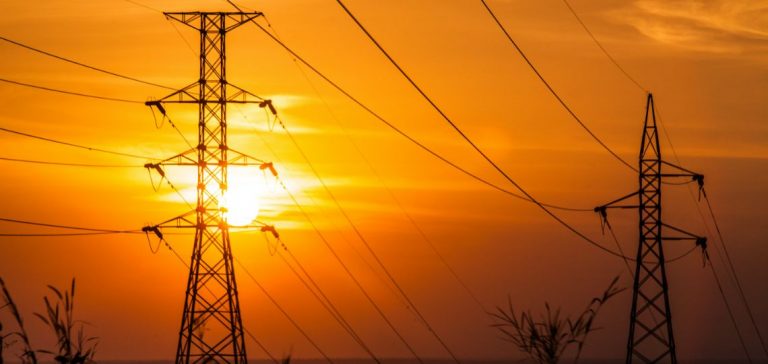The Pakistani government recently announced the termination of power purchase agreements with five Independent Power Producers (IPPs) to reduce its energy costs and improve resource management. The companies affected include Hub Power Company Ltd, the country’s largest private power producer, Lalpir, Saba Power, Rousch Power, and Atlas Power. This decision, made in line with commitments to the International Monetary Fund (IMF) for a $7 billion loan, is expected to generate savings of 411 billion Pakistani rupees (approximately $1.48 billion) for the Pakistani government.
The “take-or-pay” contract model required the government to pay these power producers even when the production capacity was not utilized. This system contributed to higher electricity bills for consumers, leading to public protests. According to Prime Minister Shehbaz Sharif, ending these contracts is expected to result in annual savings of 60 billion rupees for consumers while reducing financial pressure on the energy sector.
Structural Reform of the Energy Sector
The termination of these contracts is part of a broader reform plan, which also includes renegotiating energy sector debt with China and gradually phasing out energy subsidies. Pakistan aims to restructure the sector to meet IMF requirements while reducing production overcapacity and optimizing costs. The National Transmission and Dispatch Company (NTDC) recently published the Integrated Generation Capacity Expansion Plan (IGCEP 2024), which aims to significantly increase the share of renewable energy in the national energy mix by 2034.
Impact on the Energy Market
The affected power producers agreed to terminate their contracts “voluntarily,” stating they did so in the national interest rather than for their own profits. However, the termination of these contracts is only a first step. The Pakistani government plans to renegotiate agreements with other IPPs and optimize the energy mix to ensure production more closely aligns with actual demand.
Consequences for Power Producers
The five affected IPPs include Rousch Power, which operated under a “build-own-operate-transfer” (BOOT) agreement and will be privatized once its facilities are transferred to the government. The other four companies will retain ownership of their infrastructure but will not receive any additional payments after the termination of the contracts. The government is currently negotiating with other power producers to adjust their agreements and further reduce costs.
Future Prospects for the Energy Sector
This reform is accompanied by the privatization of electricity distribution companies (DISCOs) and the creation of an independent transmission market, which could encourage new private investments. However, Pakistan faces significant structural challenges, including reducing its dependence on fossil fuels and modernizing its transmission network. According to a World Bank report, integrating the private sector into distribution could improve management and reduce losses, but it will require rigorous government oversight and strong political will to ensure the expected benefits materialize.
Challenges Ahead
While the cancellation of IPP contracts is seen as a step in the right direction, Pakistan’s energy sector remains fragile. The government will need to finalize discussions with other producers while implementing structural reforms to ensure the sector’s economic viability. Modernizing the transmission network and revising tariffs are essential to achieving this goal, while ensuring a reliable and affordable energy supply for consumers.





















